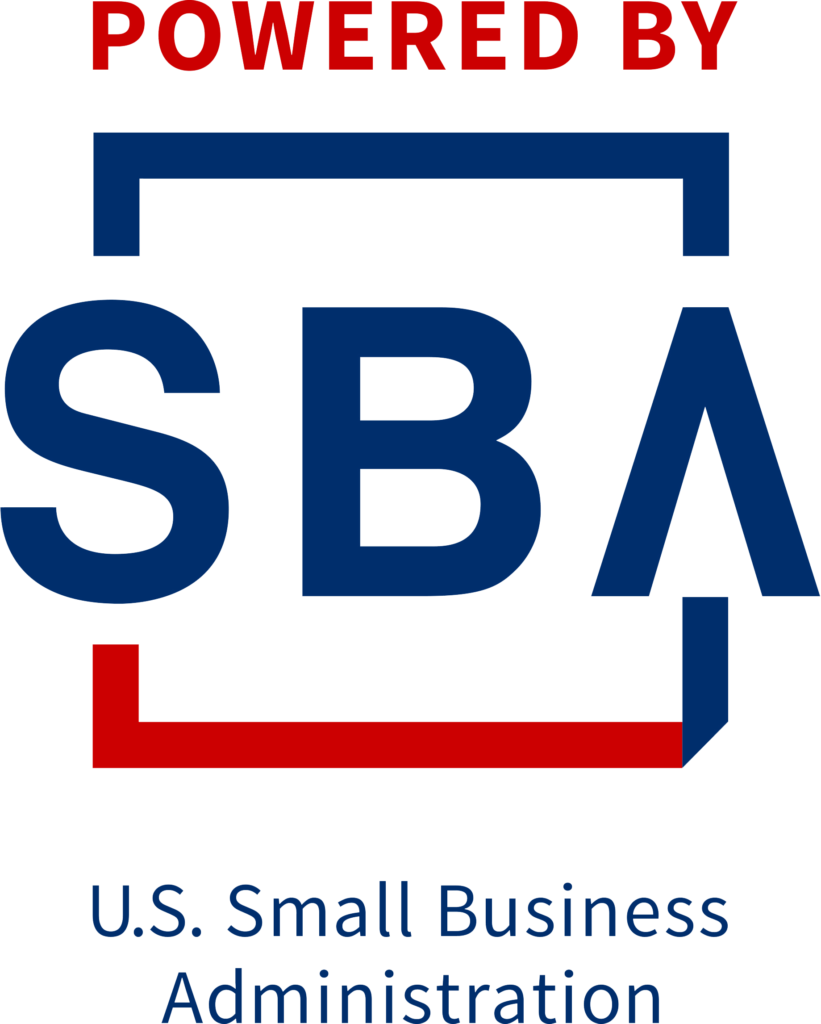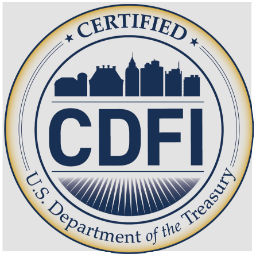It is tax season. Are you ready to file taxes for your small business? This part of being a business owner can feel overwhelming. The key is to simplify processes as much as possible. To start, here are three basic tax tips for small business owners.
Fully Understand Your Business Structure
There are several different types of businesses – sole proprietorship, partnership, limited liability company or limited liability partnership, S corporation, and corporation. Your type of business will determine how you prepare for your taxes. Each different type of business will file different tax forms. Each form requests different types of information. This is important to know and fully understand so you create the right systems for retaining important information for your type of business.
Keep Your Records
Not only do your records help track the progress of your business, they also help you prepare your tax returns.You will want to keep receipts close since that is a record of how you are spending money in your business. Whether you keep all of your receipts in file folders or scan them digitally, it will be helpful to have easy access to them for tax preparation. You will also want to keep sales slips, invoices, bank deposit slips, canceled checks, and other documents that record items of income, deductions, and credits. Showing the sources of your receipts is necessary to be able to prove that some are non-business or non-taxable. Find out more about which records you should keep and for how long on IRS.gov.
Mark Your Calendar for Tax Dates
The big April Tax Day deadline is not the only date that’s important to small business owners when it comes to taxes. It’s also important to know when open enrollment for healthcare begins, dates for each tax payment installment, deadlines for extensions, deadlines to send out W-2s to employees and 1099s to contractors, and more. You can find the IRS official tax calendar online at http://www.tax.gov/calendar.
It is important to consult a licensed CPA or other tax professional to discuss your tax liability. Smart entrepreneurs will not try to interpret tax code language on their own.



